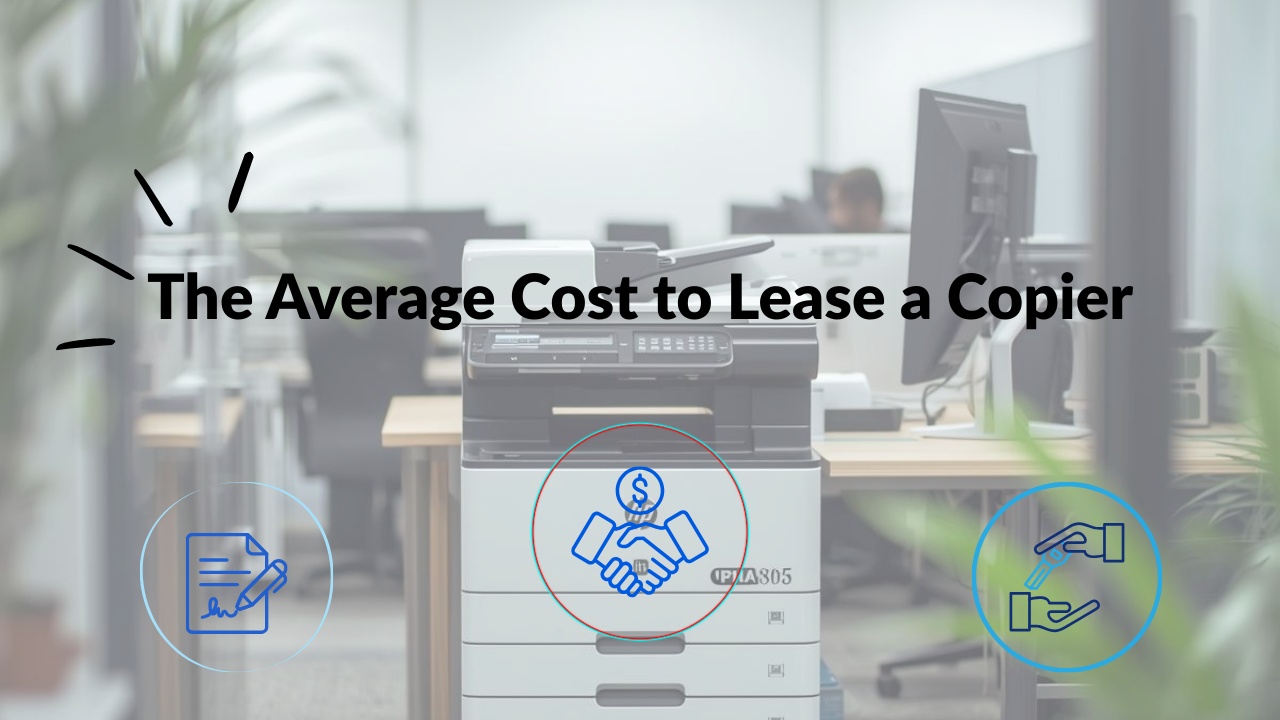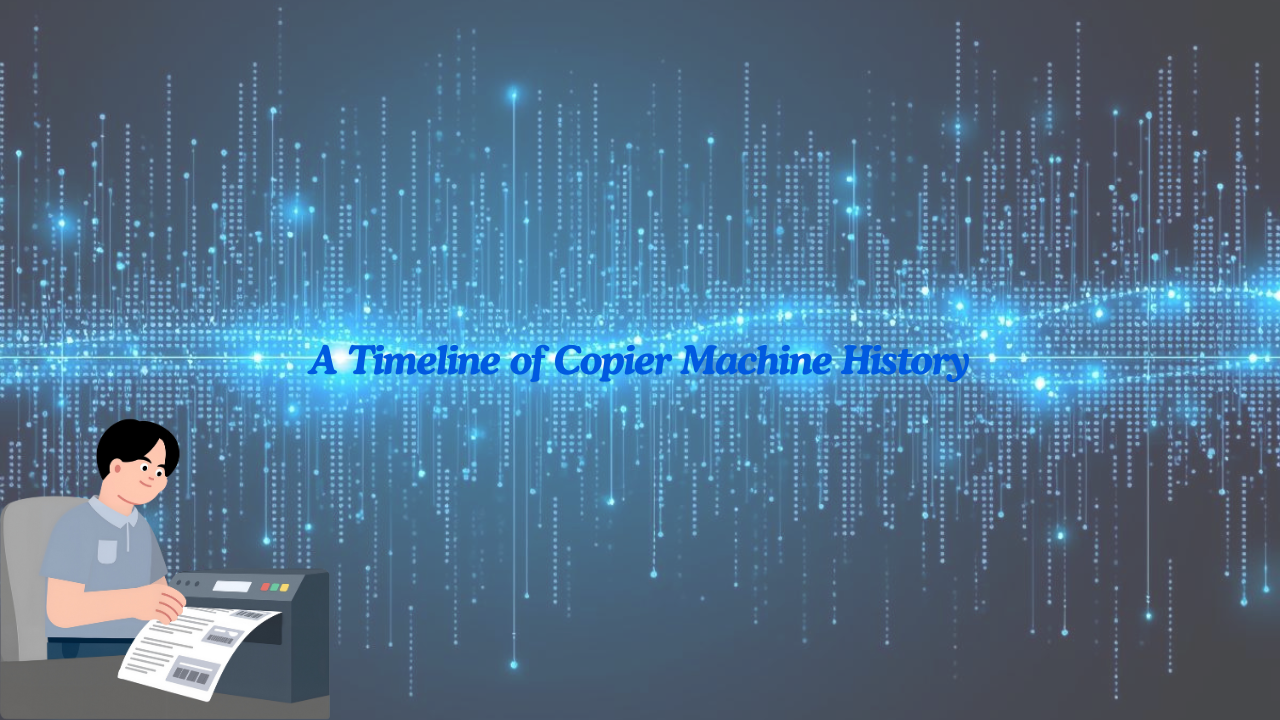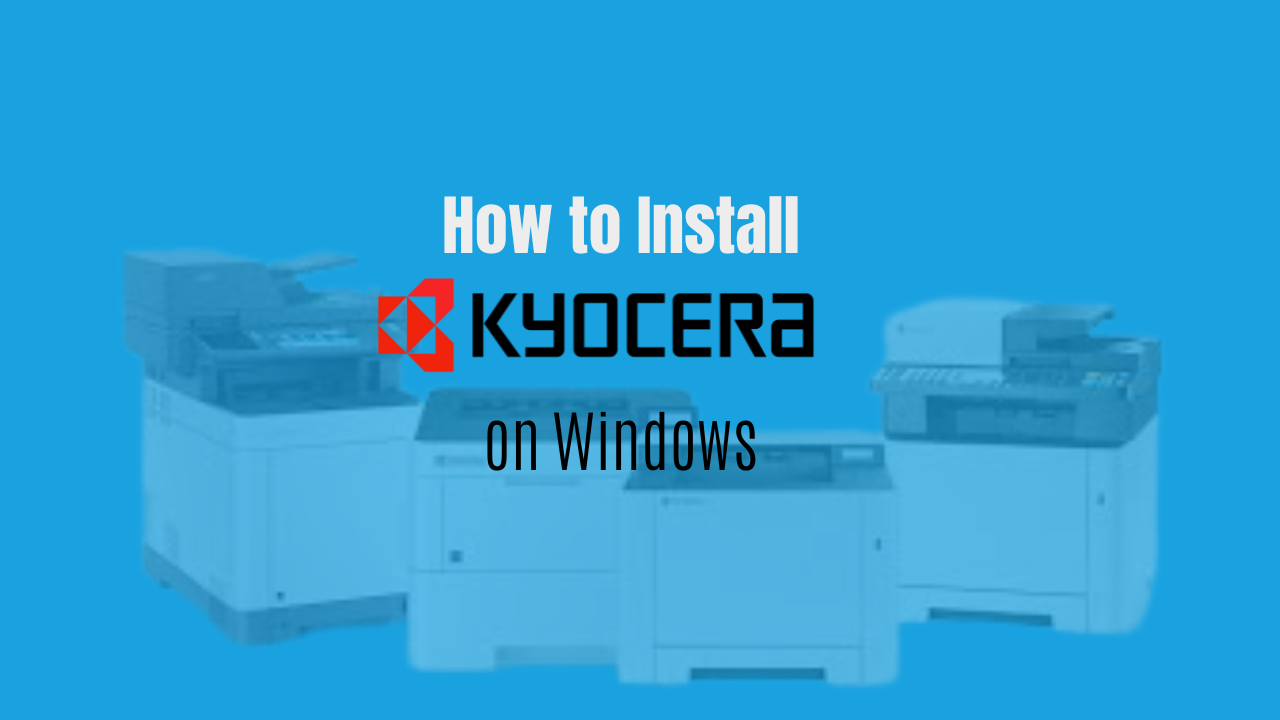Understanding the Importance of Proper Copier Disposal
Disposing of old office copiers responsibly is crucial for environmental protection, legal compliance, and data security. With many devices containing hazardous materials like mercury, lead, and cadmium, improper disposal can lead to air and water pollution. This article explores best practices for environmentally sustainable and legally compliant disposal, highlighting options such as recycling, donation, and dealer take-back programs.
Proper Disposal Methods for Old Office Copiers

What are the proper disposal methods for old office copiers?
Disposing of old office copiers responsibly is essential to protect the environment and comply with legal standards. The best approach involves utilizing certified electronic waste (e-waste) recycling facilities that adhere to environment-friendly practices and legal regulations, such as EPA standards and hazardous waste laws in places like California.
These specialized facilities ensure the safe dismantling and recycling of copiers, which often contain toxic materials like mercury, lead, cadmium, arsenic, and selenium. Simply throwing them in the trash can lead to these substances leaching into soil and water, causing serious health and environmental issues.
Before disposal, it’s crucial to protect sensitive data stored within the device. Perform a thorough data security procedure by erasing all personal and corporate information. This can include using data overwriting tools or performing a factory reset. For hard drives or embedded storage devices, physically destroying them by shredding at a licensed facility provides an added layer of security.
If the copier is still functional, consider donating it to educational institutions, charities, or non-profit organizations. Many of these organizations can reuse or refurbish the equipment, extending its life and reducing waste.
In cases where the device is outdated or non-working, licensed e-waste handlers or professional IT Asset Disposition (ITAD) services are recommended. These providers ensure the machine is dismantled properly and all hazardous materials are handled safely.
It is strongly discouraged to dispose of copiers in regular landfills. Landfilling poses environmental risks as toxic materials can seep into groundwater and pollute the environment. Instead, always opt for authorized recycling centers, manufacturer take-back programs, or municipal e-waste collection events.
By following these guidelines, organizations and individuals can dispose of old office copiers in a manner that safeguards the environment, complies with legal regulations, and protects sensitive data.
Recycling Options for Old Office Copiers

What options are available for recycling old office copiers?
Recycling old copiers is essential to prevent environmental pollution caused by hazardous materials like mercury, lead, and cadmium. One convenient method is using manufacturer take-back programs. Major brands such as Xerox, Canon, Hewlett-Packard (HP), and others offer these programs, allowing organizations and individuals to return old devices at little to no cost. These programs typically handle the shipping, dismantling, and recycling process in certified facilities, ensuring hazardous materials are managed safely.
In addition, donating working copiers to charities or educational institutions is a thoughtful option. Charities like the National Cristina Foundation, Goodwill, and Salvation Army refurbish and distribute these devices, providing valuable resources to those in need while reducing waste. Donations can also offer tax deductions, making it financially beneficial.
Retailers such as Staples, Best Buy, and Office Depot support electronic waste disposal through dedicated drop-off points or scheduled pickup services. Many of these stores participate in recycling programs that accept old copiers and printers, ensuring proper handling of toxic components.
Local e-waste collection centers and municipal programs are another option. Contacting local sanitation departments can help identify certified recycling centers or community collection events that accept heavy electronic equipment like copiers. These facilities are equipped to safely dismantle and recover valuable materials, helping preserve natural resources.
In summary, proper disposal of old copiers involves using manufacturer recycling programs, donating usable units, or leveraging retail and community recycling centers. This approach minimizes environmental harm and promotes sustainable resource use.
Additional disposal options include lease and rental return procedures
If the equipment is leased or rented, returning the copier at the end of the lease term as per the manufacturer's or leasing company's guidelines is recommended. For organizations using copier leasing NY solutions, this process is typically structured to ensure secure collection, compliant recycling, and proper asset close-out-reducing environmental risk while maintaining regulatory and contractual compliance.
Using these varied options ensures that old office copiers are disposed of responsibly, protecting both the environment and data security while promoting reuse and recycling of valuable components.
Environmental Responsibility in Electronic Waste Recycling

What are environmentally responsible ways to recycle electronic waste, including office equipment?
Recycling old copiers, printers, and other office electronics responsibly involves using certified recycling centers that follow strict environmental standards. These centers, often accredited under programs like e-Stewards or R2, are equipped to safely dismantle devices and manage hazardous materials such as mercury, lead, and cadmium.
Participating in manufacturer take-back programs is another effective strategy. Many brands, including HP, Canon, and Dell, offer recycling services where returned devices are processed in eco-friendly facilities. Local community drop-off events and stores like Staples and Best Buy provide accessible options for disposing of electronics in a way that minimizes environmental impact.
Extending the usability of devices through refurbishment or resale reduces waste. For example, used copiers and printers in good condition can be donated to schools or non-profits, which helps keep valuable resources in circulation. If the devices are no longer functional, dismantling and selling parts or scrap metals for recycling supports resource recovery.
Sorting out hazardous components like batteries or CRTs during collection prevents environmental contamination. It’s also crucial to remove sensitive data—by performing a factory reset and physically destroying hard drives—to ensure data security.
Legal compliance plays a vital role; adhering to regulations like those in New York State or international standards prevents legal issues and promotes proper disposal.
Most importantly, supporting high-standard recycling practices helps foster a circular economy. This approach reduces the reliance on mining new materials and prevents toxic chemicals from leaching into soil and water, protecting ecosystems and public health.
How do certified recycling centers and legal compliance help promote eco-friendly disposal?
Certified centers that meet rigorous environmental and safety standards ensure hazardous substances are handled responsibly. They also recover valuable materials such as metals and plastics, which can be reused, reducing the need for extracting raw resources.
Compliance with local and international regulations guarantees that disposal or recycling processes are lawful and environmentally sound. This compliance includes proper disposal of batteries, mercury-containing components, and CRTs, which are often subject to strict laws due to their toxicity.
By choosing certified centers and adhering to legal requirements, organizations and individuals contribute to a cleaner environment, reduce health risks, and avoid penalties associated with improper disposal.
Why is the reuse and refurbishment of electronic devices important?
Reusing and refurbishing electronics extend their lifespans, decreasing the volume of e-waste sent to landfills. This practice not only conserves natural resources but also minimizes energy consumption associated with manufacturing new devices.
Refurbished devices are often donated or sold at reduced prices, providing access to technology for schools, charities, and underserved communities. This helps bridge digital divides while promoting sustainable practices.
In conclusion, responsible electronic waste management involves selecting certified recycling centers, complying with laws, and supporting reuse efforts. These practices are essential for protecting the environment, conserving resources, and fostering a sustainable future.
Donating Old Copiers: A Community and Environmental Benefit

Is donating old copiers a good disposal method?
Donating old copiers is an excellent option for environmentally conscious organizations and individuals. When the equipment is still in working condition, donating extends its useful life, preventing it from ending up in landfills where hazardous materials like mercury, lead, and cadmium can leach into the environment.
Charity organizations such as the National Cristina Foundation, Goodwill, and the Salvation Army frequently accept functional copiers. These organizations often refurbish the devices and distribute them to schools, community centers, or non-profit entities, amplifying their positive impact.
Among the benefits of donating is the opportunity for tax deductions, which can provide financial advantages to donors. Many charities issue receipts that can be used to claim deductions on federal or state taxes.
Moreover, donation can include convenient pickup services offered by charities or manufacturer programs, saving time and effort. These programs often ensure that the equipment is transported safely and securely.
For copiers that are broken or too outdated to operate, recycling through certified e-waste disposal centers is recommended. These centers responsibly dismantle the device, recover valuable materials, and neutralize hazardous components, protecting the environment.
Overall, donating old copiers reduces electronic waste, supports local communities, and minimizes environmental harm. It is a responsible disposal method when combined with proper data security practices, such as erasing sensitive information before transfer.
Legal Considerations in Copier Disposal

Are there legal considerations to keep in mind when disposing of office copiers?
Disposing of office copiers involves several legal responsibilities to ensure environmental safety and data security. One major aspect is managing hazardous materials properly. Copiers and printers often contain toxic substances like mercury, lead, cadmium, and selenium. If they are landfilled or incinerated improperly, these materials can leach into air and water, causing environmental pollution.
Regulations at the federal and state levels, such as the Resource Conservation and Recovery Act (RCRA) in the U.S., mandate proper disposal of hazardous waste, including electronic waste (e-waste). Many jurisdictions also have laws requiring organizations to securely erase sensitive data stored in devices before disposal, often following standards like data sanitization protocols or physically destroying hard drives.
Failure to comply with these laws can lead to legal penalties, hefty fines, and damage to organizational reputation. Using certified recyclers that follow recognized standards such as e-Stewards or the Responsible Recycling (R2) certification is essential. These certifications ensure that e-waste is handled responsibly, preventing illegal export and improper processing.
Additionally, international treaties like the Basel Convention regulate the transboundary movement of hazardous waste, emphasizing the importance of environmentally sound disposal practices globally. Organizations should familiarize themselves with local regulations and international agreements to align their disposal strategies accordingly. Overall, responsible management of hazardous materials and rigorous data security measures are crucial elements in legal copier disposal.
Ensuring a Sustainable Future Through Responsible Disposal
Proper disposal of office copiers is vital for environmental conservation, legal compliance, and data security. Organizations should prioritize certified recycling facilities, consider donation when devices are functional, and support manufacturer take-back programs. Extending device lifecycles through refurbishment and ensuring hazardous materials are handled safely help minimize environmental impact. By following best practices and staying compliant with relevant laws and standards, businesses can contribute to a healthier planet while safeguarding sensitive information. Making informed disposal decisions not only benefits the environment but also demonstrates corporate responsibility and promotes a sustainable future.









.png)





















